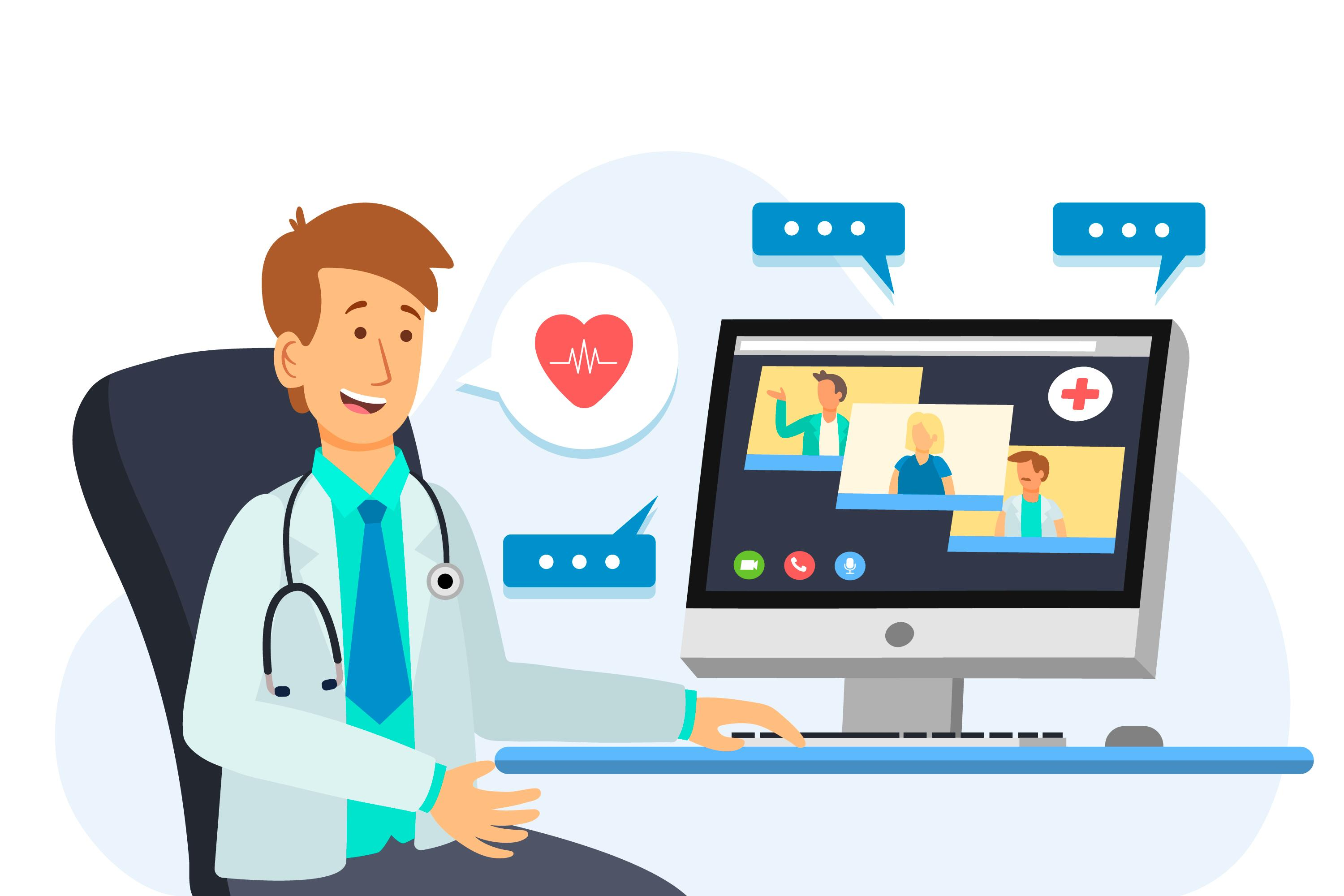Introduction: A New Era of Healthcare Support
Healthcare is quickly changing with technology playing a central role in how services are delivered. One of the most impactful changes is the growing use of a virtual medical assistant, which helps patients and doctors stay connected, organized, and informed. These digital helpers are transforming the patient experience while easing the workload of healthcare professionals.
Digital Health Solutions: A Driving Force
Digital health solutions combine technology and medicine to improve patient care. From online consultations to electronic records, healthcare is becoming more efficient and accessible. This has opened the door for advanced support systems like medical virtual assistants.
The Need for Smarter Support in Healthcare
Doctors and nurses often face overwhelming tasks, from scheduling patients to handling reports. Patients, on the other hand, may struggle with remembering appointments, prescriptions, or follow-ups. Virtual assistants bridge this gap by providing instant help and reducing stress for both sides.
Building Stronger Patient-Provider Connections
Medical virtual assistants are designed to create smoother communication channels. They remind patients of visits, provide quick answers, and guide them through simple processes. This makes patients feel cared for while giving providers more time to focus on actual medical care.
How Virtual Assistants Save Time
One of the biggest benefits is time management. By automating routine tasks like reminders, billing updates, and appointment confirmations, these assistants ensure healthcare runs smoothly. This reduces wait times and allows professionals to prioritize critical patient needs.
Making Healthcare More Accessible
Access to healthcare is not equal everywhere, especially in rural or underserved areas. Virtual assistants play a key role here by offering digital support, reducing travel, and allowing patients to manage their health remotely. This strengthens healthcare access for many who would otherwise struggle.
A Boost in Accuracy and Reliability
Human error can happen in record-keeping, billing, or even scheduling. Virtual assistants reduce such mistakes by following clear digital instructions. This accuracy improves trust between patients and providers while maintaining professional standards.
Personalized Patient Experiences
Modern healthcare is not just about treatment—it is about experience. Medical virtual assistants tailor communication, reminders, and follow-ups to each patient’s needs. This personalized approach makes individuals feel valued, supported, and understood.
Supporting Healthcare Staff Effectively
Behind the scenes, a virtual medical office assistant works to lighten the load of staff. They handle paperwork, manage records, and support billing processes, so that human staff can focus on patient care instead of getting buried in routine tasks.
Cost-Effective Healthcare Solutions
Hiring additional staff can be expensive for healthcare providers. Virtual assistants offer a more affordable solution, cutting down administrative costs while maintaining high-quality service. This balance is especially important for clinics and smaller practices.
Patient Education Made Easier
Medical knowledge can often be overwhelming. Virtual assistants simplify complex terms, guide patients through instructions, and even share educational materials in plain language. This ensures patients not only receive care but also understand their health better.
Reducing Patient Anxiety
Healthcare visits can sometimes feel stressful for patients. Having a virtual assistant that offers clear instructions, reminders, and quick answers helps reduce anxiety. Patients feel less confused and more confident in managing their health.
A Step Toward Future Healthcare
The rise of medical virtual assistants signals the future of digital healthcare. With growing innovations, they will only become smarter, more interactive, and more reliable. This shift ensures healthcare adapts to the modern world and remains patient-centered.
Students and Future Healthcare Careers
For students in the United States, understanding this trend is crucial. Many of them may work alongside virtual assistants in the future, whether in medical, administrative, or research fields. Knowing how they function can provide a career advantage.
Improved Follow-Up Care
One of the biggest challenges in healthcare is ensuring patients follow through with treatment. Virtual assistants help by sending reminders for medications, lab tests, or follow-up visits. This leads to better long-term health outcomes.
Breaking Language and Communication Barriers
In diverse societies, communication challenges can affect patient care. Virtual assistants can be programmed with multiple languages and easy instructions, helping patients feel included and understood regardless of background.
Enhancing Telehealth Services
Telehealth has grown rapidly, and virtual assistants perfectly complement this system. They help manage appointments, guide patients before online visits, and handle post-consultation follow-ups, making virtual care more efficient.
Encouraging Preventive Care
Instead of only responding to illness, healthcare now focuses on prevention. Virtual assistants remind patients about vaccinations, screenings, or wellness checks. This proactive approach reduces future risks and costs.
Data Security and Patient Trust
Patients worry about privacy in digital systems. Virtual assistants are built with secure technology to protect sensitive data. This creates confidence among patients, knowing their health information is safe.
Conclusion: A Smarter, Patient-Friendly Future
The rise of virtual medical assistant technology is changing healthcare for the better. By reducing workload, improving accuracy, and strengthening patient trust, they are paving the way for a more efficient and caring system.
Students who understand this shift will be better prepared for future healthcare careers. The digital age is not replacing human care—it is enhancing it with smarter solutions. With assistants at their side, healthcare professionals and patients can focus on what matters most: health, trust, and connection.



